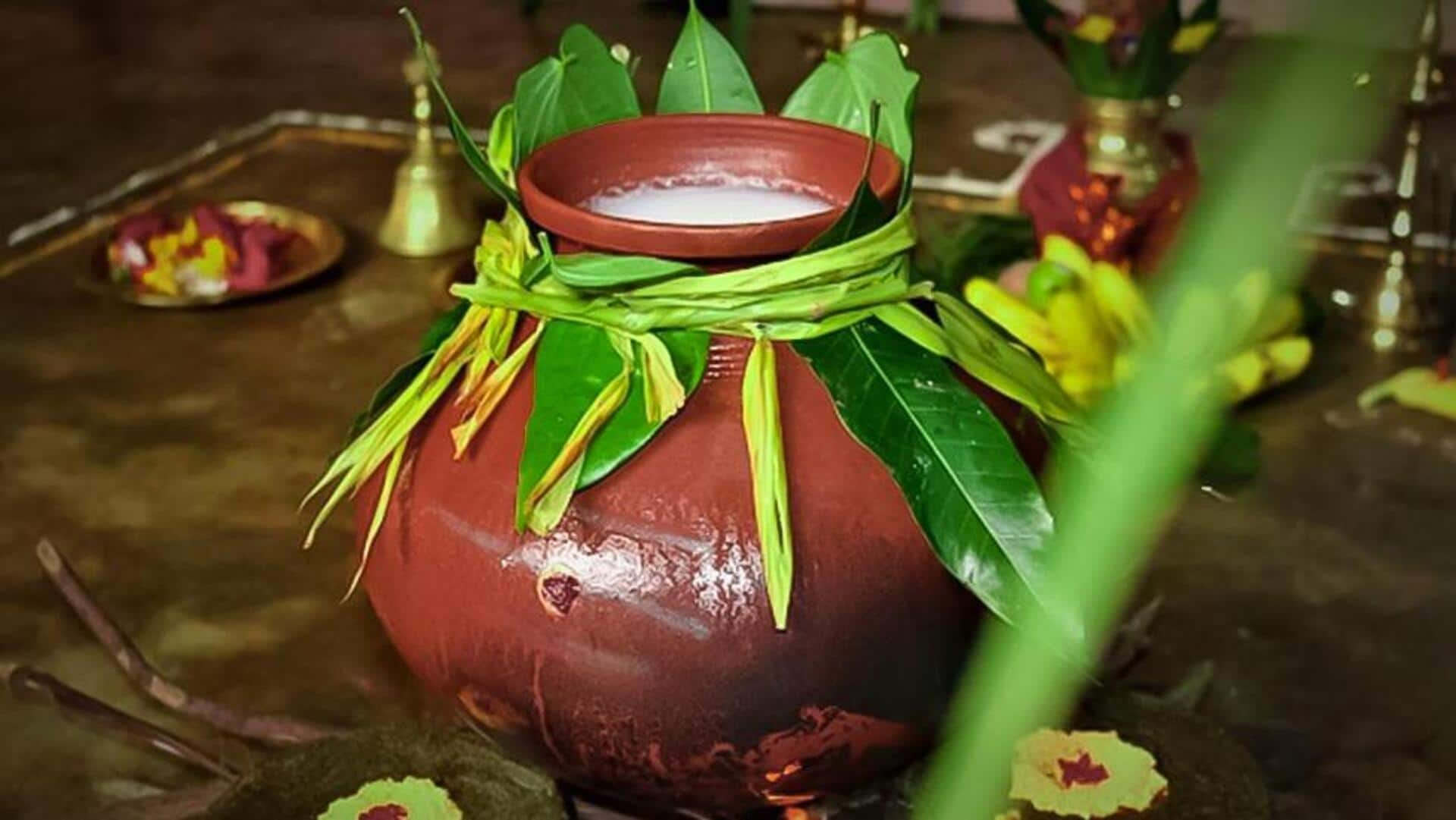
Pongal's journey: History and cultural significance
What's the story
Pongal is an important harvest festival, celebrated mainly in South India. It celebrates the commencement of the sun's northward journey (uttarayan), and the festivities span over a period of four days. Pongal has transformed over the centuries, mirroring the evolution of agriculture and lifestyles. Traditionally, it consists of cooking a dish called pongal from freshly harvested rice and lentils. Here's a look at Pongal's evolution through its history, cultural importance and modern celebrations.
#1
Historical roots of Pongal
Pongal dates back to ancient Tamil Nadu when it was an agrarian society. The festival was originally the celebration of harvest season, thanking nature for yielding bountiful crops. Gradually, it became associated with different legends and myths, adding layers to its importance. Historical texts indicate Pongal has been celebrated for over 1,000 years, transforming from simple rituals to elaborate festivities involving the community.
#2
Cultural significance over time
As society progressed, so did the cultural elements of Pongal. From being centered around agriculture and thanking nature, it eventually started including music and dance in its celebrations. The festival turned into an opportunity for families to unite and reinforce social ties. Traditional games were included as part of the celebrations to promote community spirit among villagers.
#3
Modern-day celebrations
In modern times, Pongal has evolved to fit urban lifestyles but remains true to its spirit. While rural regions continue to follow age-old traditions of cattle decoration and community feasts with zeal, urban festivities often feature cultural programs highlighting traditional art forms like Bharatanatyam dance performances or Carnatic music concerts with contemporary forms of entertainment like film screenings or fashion shows based on ethnic wear trends during this festive season.
Tip 1
Economic impact on local communities
The economic impact of Pongal greatly helps local economies by raising demand for goods like sugarcane, which is an essential part of the festival's rituals. Artisans also benefit from the heightened interest in handicrafts sold at fairs, offering them a source of additional income at this peak time. This effect is prevalent across regions where Pongal is traditionally celebrated, highlighting its contribution towards local communities every year.